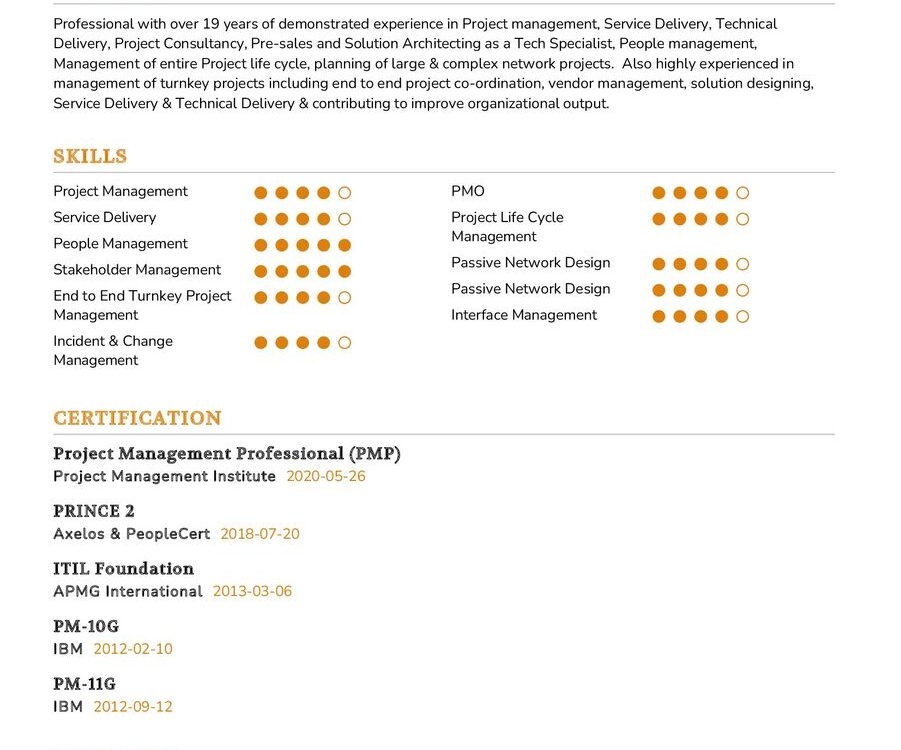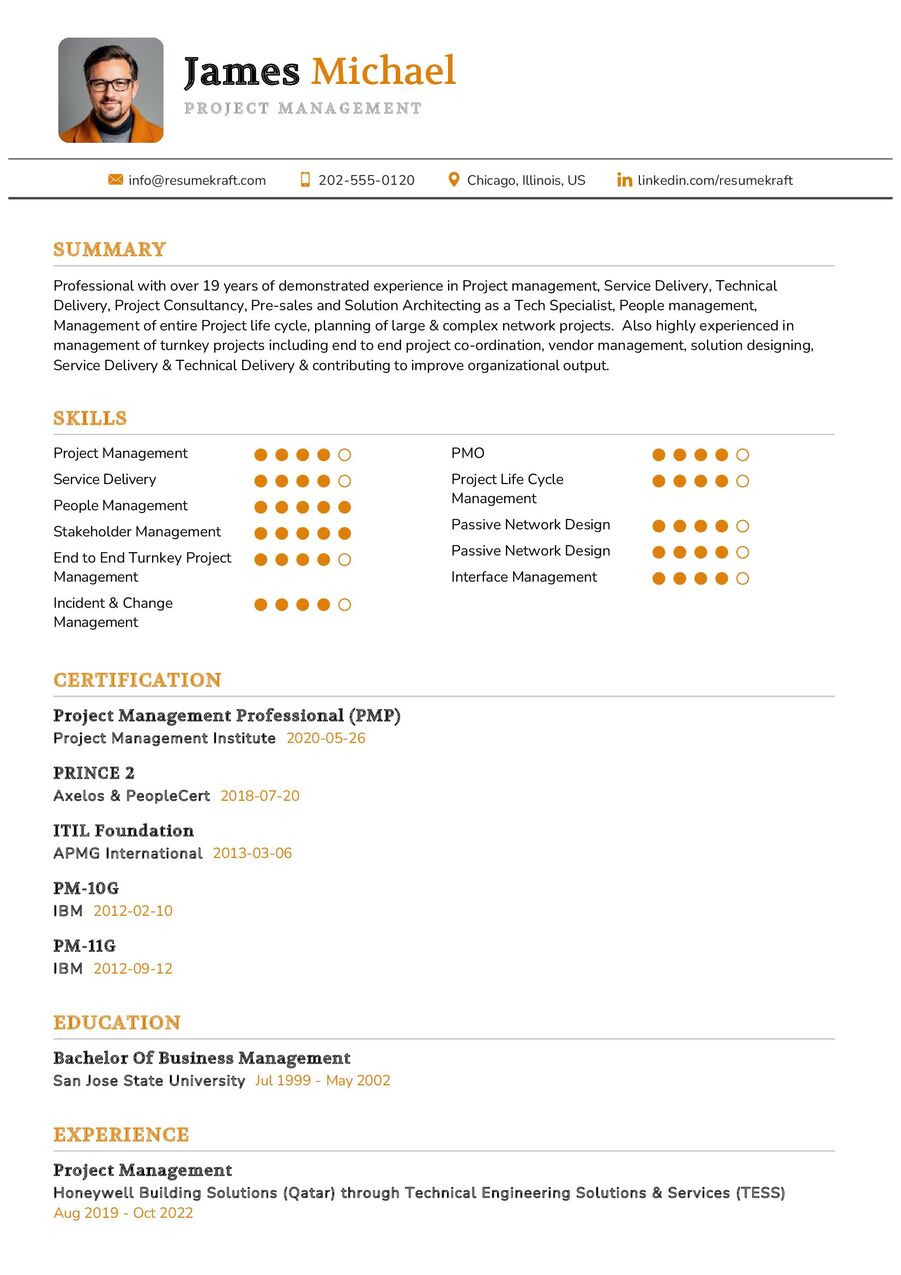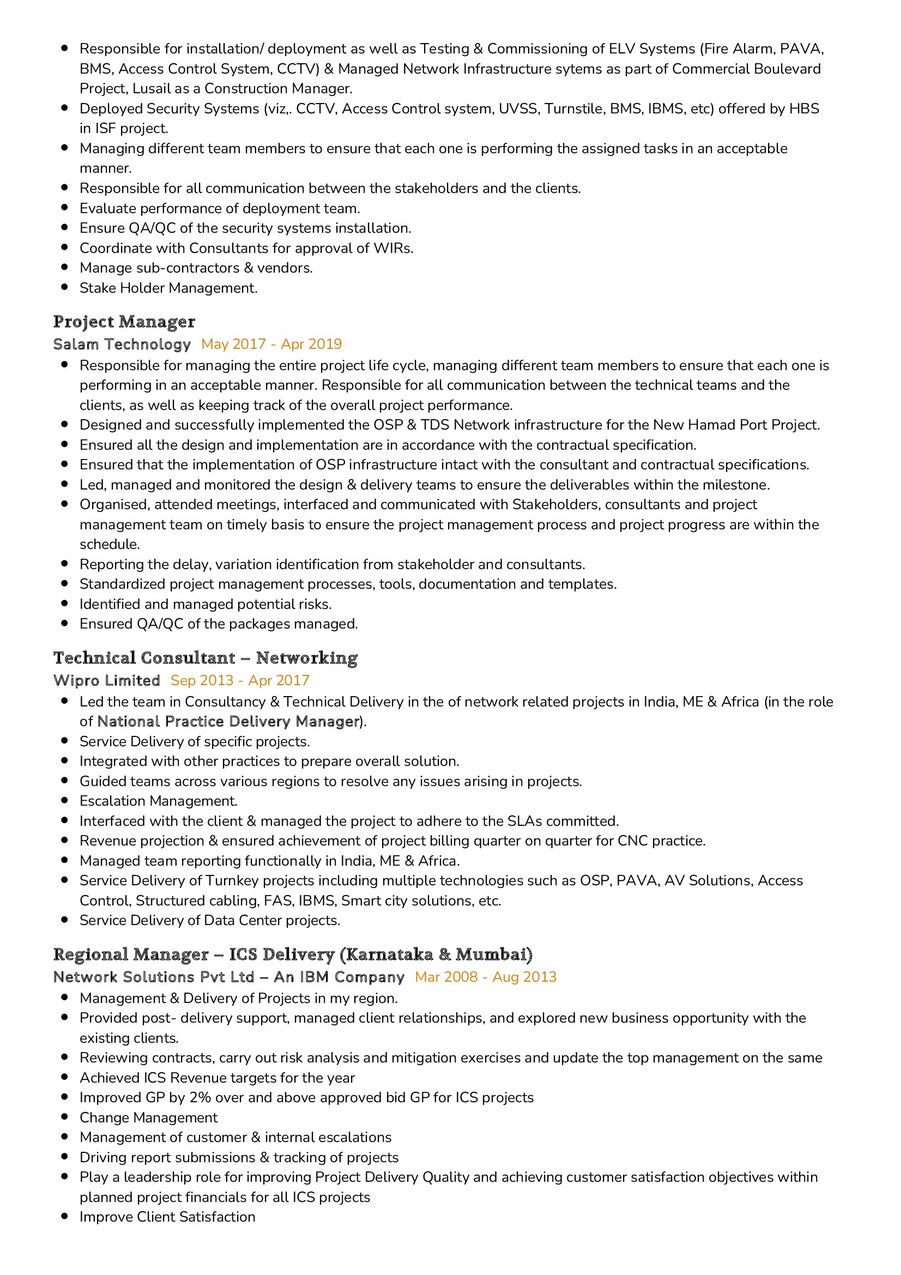Understanding the Significance of Project Management
Project management is a critical process that enables organizations to efficiently execute and accomplish their goals within a defined timeline and budget. This comprehensive approach involves planning, organizing, and overseeing resources to achieve specific objectives. In today’s dynamic business landscape, effective project management is the cornerstone of successful endeavors. Let’s delve deeper into the multifaceted world of project management, exploring its pivotal role and key components.
What Does a Project Management Job Entail?
A project management role is a dynamic and multifaceted position that requires a diverse skill set and a deep understanding of various project management methodologies. Project managers play a pivotal role in planning, executing, and closing projects, ensuring they meet specific goals and objectives. They are responsible for overseeing the entire project lifecycle, from defining project scope to managing resources and mitigating risks. Effective communication, leadership, and problem-solving skills are crucial in ensuring the smooth execution of projects.
Key Skills Required for Project Management
Mastering the art of project management necessitates a blend of technical expertise and soft skills. While technical skills ensure the effective utilization of project management tools, soft skills are essential for effective communication and team management. Here are some of the key skills that every proficient project manager should possess:
- Effective communication skills, fostering clear and concise information flow within the team and stakeholders.
- Time management, ensuring tasks are completed within designated timelines.
- Risk management, identifying potential risks and developing strategies to mitigate them.
- Leadership skills, guiding and motivating the team to achieve project milestones.
- Adaptability, the ability to navigate through unexpected challenges and changes in project scope.
These skills are fundamental in ensuring the successful execution of projects and achieving desired outcomes.
Tools and Techniques in Project Management
Project management is empowered by various tools and techniques that facilitate efficient planning, execution, and monitoring of projects. Familiarity with these tools is crucial for ensuring smooth project operations. Some of the widely used project management tools include:
- Gantt charts, enabling project managers to visualize project schedules and dependencies.
- PERT charts, aiding in the evaluation of time and resource requirements for each project activity.
- Agile methodologies, fostering iterative and collaborative project execution.
- Scrum frameworks, facilitating the efficient management of complex projects through incremental development.
- Kanban boards, enhancing workflow visualization and promoting continuous delivery.
By leveraging these tools and techniques, project managers can streamline project processes and enhance overall efficiency.
Challenges Faced by Project Managers
The role of a project manager is not without its challenges. Navigating through these obstacles requires resilience and strategic planning. Some common challenges faced by project managers include:
- Unclear project objectives, leading to confusion and inefficiencies in project execution.
- Inadequate resource allocation, hindering the timely completion of tasks and deliverables.
- Poor communication within teams, resulting in misunderstandings and delays in project timelines.
- Scope creep, where project requirements expand beyond the initially defined scope, leading to budget and timeline constraints.
- Risk management, ensuring potential risks are identified and mitigated to avoid disruptions in project flow.
By proactively addressing these challenges, project managers can ensure the successful completion of projects within the designated parameters.
Importance of Project Management in Business Growth
Project management plays a pivotal role in driving business growth and ensuring organizational success. Its significance lies in the efficient utilization of resources, streamlined processes, and timely delivery of projects. Effective project management fosters innovation, boosts team morale, and enhances customer satisfaction. Moreover, it enables businesses to adapt to changing market dynamics and stay ahead of the competition. With efficient project management, organizations can consistently deliver high-quality products and services, thereby fostering long-term growth and sustainability.
Project Management CV Writing Tips
Crafting an impressive project management resume requires careful attention to detail and a strategic approach to highlight your skills and experiences effectively. Here are some resume writing tips to help you stand out in the competitive job market:
- Emphasize your successful project completions, showcasing your ability to deliver results.
- Quantify your achievements with tangible metrics, demonstrating the impact of your contributions.
- Showcase your leadership abilities, highlighting instances where you effectively led teams to success.
- Highlight your proficiency in project management tools, underscoring your technical expertise.
- Customize your resume for each specific job application, aligning your skills and experiences with the job requirements.
Following these tips will help you create a compelling project management resume that resonates with potential employers and sets you apart from other applicants.
Project Management CV Summary Examples
Your resume summary serves as a brief yet impactful introduction to your professional journey and achievements. Here are some examples to inspire your project management resume summary:
- “Experienced and results-driven Project Manager with a proven track record in delivering complex projects on time and within budget, adept at leading cross-functional teams and fostering a collaborative work environment.”
- “Dedicated Project Manager with excellent communication and problem-solving skills, equipped with a strong background in implementing Agile methodologies and driving successful project outcomes.”
- “Seasoned Project Manager with a focus on strategic planning and risk management, adept at overseeing large-scale projects and ensuring the efficient utilization of resources to achieve organizational goals.”
These summaries effectively encapsulate your expertise and value as a proficient project manager.
Create a Strong Experience Section for Your Project Management CV
Your experience section serves as a comprehensive narrative of your professional journey and accomplishments in the field of project management. Here are some examples to guide you in creating a strong experience section for your resume:
- “Led a team of 15 professionals in the successful execution of a multimillion-dollar software development project, achieving a 15% increase in customer satisfaction and a 10% reduction in project turnaround time.”
- “Implemented Agile methodologies in a marketing campaign project, resulting in a 20% increase in campaign efficiency and a 30% reduction in project costs, effectively enhancing overall team productivity.”
- “Managed a construction project from initiation to completion, ensuring adherence to safety protocols and achieving project milestones ahead of schedule, resulting in a 25% increase in client satisfaction and a 10% decrease in overall project costs.”
These experiences highlight your leadership capabilities and your ability to drive successful project outcomes.
Sample Education Section for Your Project Management CV
Your education section is a testament to your academic background and expertise in the field of project management. Here’s how you can present your educational qualifications:
- Master of Business Administration in Project Management, XYZ University, a comprehensive program focused on strategic project planning and execution, 2018.
- Bachelor of Science in Engineering Management, ABC University, an interdisciplinary program emphasizing project management principles and practices, 2014.
- Certified Project Management Professional (PMP), a prestigious certification demonstrating your expertise in project management methodologies and best practices, 2019.
These educational qualifications reflect your commitment to continuous learning and professional development in the field of project management.
Project Management Skills for Your CV
Your skill set is a comprehensive arsenal that showcases your capabilities as a proficient project manager. Here are some essential skills that every successful project manager should possess:
Soft Skills:
- Effective communication, ensuring clear and concise information exchange within the team and stakeholders.
- Team management, fostering a collaborative and motivated work environment to achieve project goals.
- Critical thinking, enabling you to analyze complex problems and develop effective solutions.
- Negotiation and conflict resolution, facilitating the resolution of disputes and ensuring smooth project operations.
- Adaptability, the ability to navigate through unexpected challenges and changes in project scope.
Hard Skills:
- Proficiency in project management software, enabling efficient project planning and execution.
- Budget management, ensuring effective utilization of resources and adherence to project budgets.
- Risk management, identifying potential risks and developing strategies to mitigate their impact.
- Quality assurance, ensuring the delivery of high-quality project deliverables and services.
- Stakeholder management, fostering strong relationships with key stakeholders to ensure project success.
These skills underscore your proficiency in project management and your ability to deliver successful project outcomes.
Common Mistakes to Avoid When Writing a Project Management CV
While crafting your project management resume, it is crucial to avoid common pitfalls that can undermine your application. Here are some common mistakes to steer clear of:
- Overlooking the importance of quantifying your achievements, missing out on an opportunity to demonstrate the impact of your contributions.
- Using generic language and buzzwords, failing to showcase your unique skills and experiences.
- Neglecting to tailor your resume to the specific job requirements, missing the chance to highlight your fit for the role.
- Including irrelevant work experiences, cluttering your resume and diverting attention from your relevant skills and accomplishments.
- Submitting a resume without proofreading, risking the chance of leaving a negative impression on potential employers.
Avoiding these mistakes will help you create a compelling and impactful project management resume that stands out to potential employers.
Key Insights into Excelling as a Project Manager
Excelling as a project manager requires continuous learning, adaptability, and a keen understanding of project management methodologies. Here are some key insights to help you excel in your role:
- Continuously update your knowledge of industry trends and best practices in project management.
- Foster strong relationships with your team members and stakeholders to ensure effective communication and collaboration.
- Proactively identify potential risks and develop mitigation strategies to ensure the successful execution of projects.
- Embrace feedback and continuously seek opportunities for self-improvement and professional growth.
By implementing these insights, you can position yourself as an exceptional project manager, capable of delivering successful project outcomes and driving organizational success.
Finally, feel free to utilize resources like AI CV Builder, CV Design, CV Samples, CV Examples, CV Skills, CV Help, CV Synonyms, and Job Responsibilities to create an outstanding application and prepare for the project management job interview.



